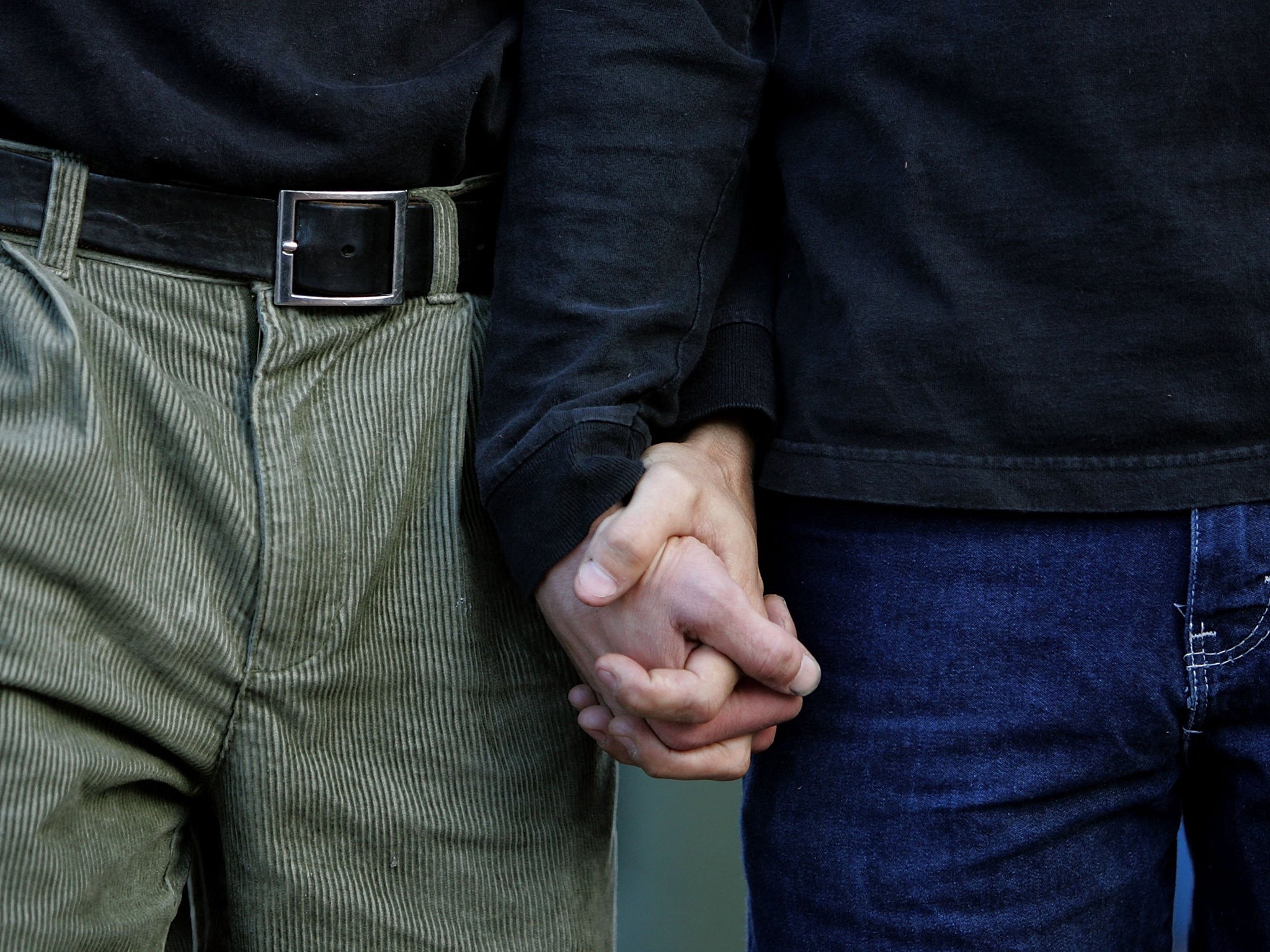Half of Anglicans say there is nothing wrong with same-sex relationships
Survey result comes ahead of General Synod debate

Half of Anglicans believe there is nothing wrong with same-sex relationships, a survey shows.
Ahead of the Church of England General Synod’s debate on the issue of gay marriage on Wednesday, new data reveals that 50 per cent of Anglicans believe that same-sex relationships are “not wrong at all”.
The findings, which come from NatCen’s British Social Attitudes survey, show that Anglican opinions towards same-sex relationships have been softening over time but acceptance is highest (73 per cent) among those with no religion.
The lowest levels of acceptance of same-sex relationships come from those belonging to non-Christian religions: 31 per cent of this group say that these relationships are not wrong at all.
Meanwhile, 17 per cent of Anglicans think that same-sex relationships are “always wrong”, the lowest level since records began in 1983 when 51 per cent were of this view. In 2015, six per cent of those with no religion felt this way.
When it comes to the key issue of gay marriage an earlier British Social Attitudes survey from 2014 showed that just under half (47 per cent) of Anglicans agreed or strongly agreed that gay and lesbian people should have the right to marry.
This figure was 60 per cent among the public as a whole and 73 per cent among those with no religion.
Although the proportion opposing this view was smaller—26 per cent of Anglicans disagreed or strongly disagreed with same sex marriage—a fifth neither agreed nor disagreed that gay and lesbian people should be able to marry.
The Church of England is facing a fresh crisis over the issue of equal marriage after a group of retired bishops accused it of marginalising LGBT members.
In an open letter published online, 14 leading retired bishops wrote that a recent report on same-sex marriage failed to include the “authentic voice” of the LGBT community and was instead focused on talking about them rather than to them.
It said the report read as though bishops saw “their task as managing rather than perhaps enabling or leading” on the issue.
The report, written by serving bishops, upholds the traditional teaching that marriage is between a man and a woman.
In contrast, the Church of Scotland voted to allow members of the clergy to marry their same sex partners earlier this year, even if it did not overhaul its stance on marriage as between a man and a woman.
The bishops wrote: “Our perception is that, while the pain of LGBT people is spoken about in your report, we do not hear its authentic voice.
“Our experience would lead us to doubt whether there was an expectation around that canons and doctrinal statements would be changed within any reasonable timescale, and that focus seems to have taken far more time than it would have done if the authentic voices of lesbian and gay people had been allowed to express the major focus of their hopes.”
Join our commenting forum
Join thought-provoking conversations, follow other Independent readers and see their replies
Comments
Bookmark popover
Removed from bookmarks